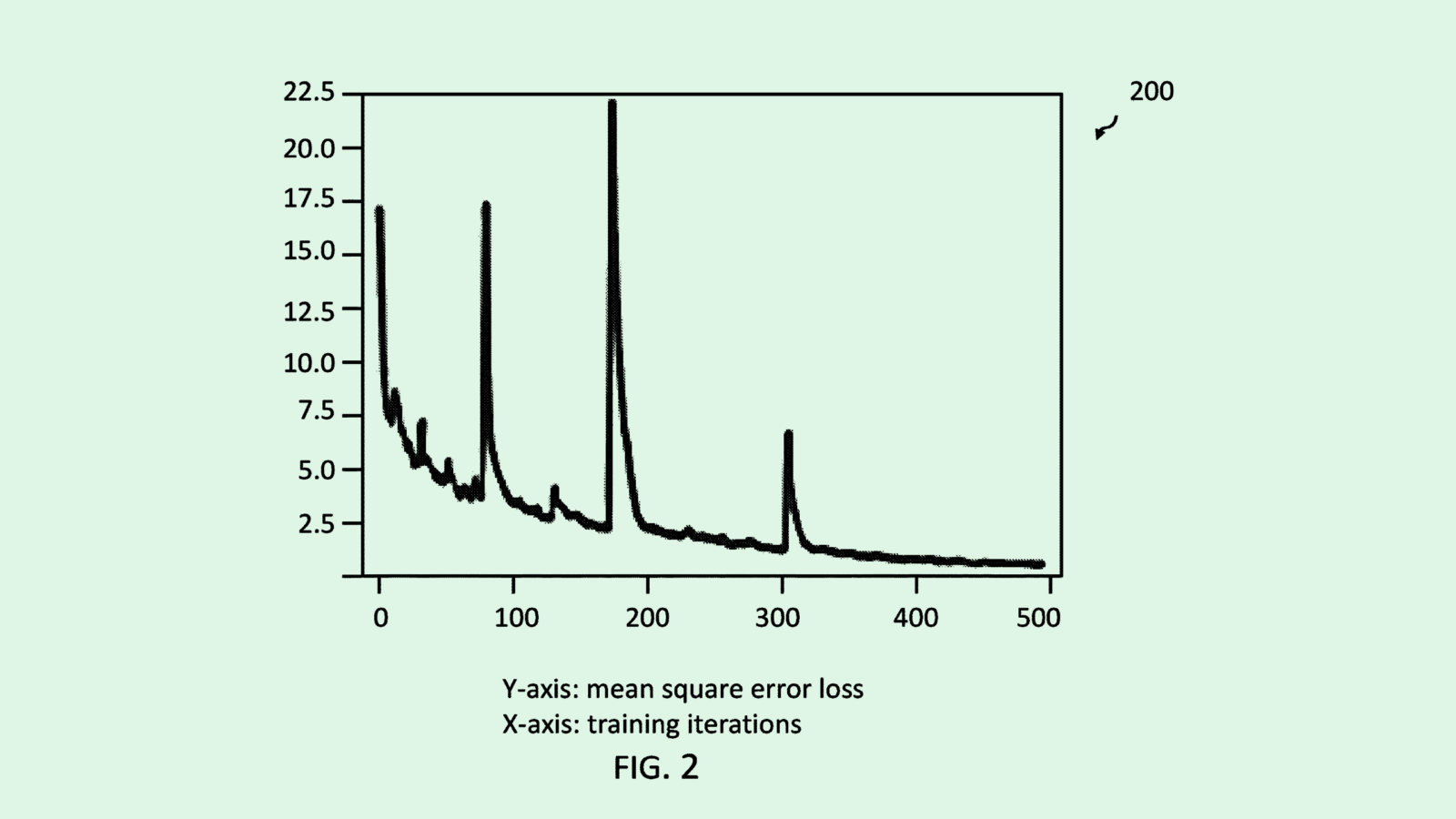
Sign up for smart news, insights, and analysis on the biggest financial stories of the day.
You can’t put a price tag on how badly some of Tiger Global’s big technology bets are performing — and therein lies the problem.
This weekend, the Financial Times reported that the massive hedge fund that collects tech startups like baseball cards is exploring opportunities to offer portions of its $40 billion portfolio to the so-called secondary market of private equity players. Figuring out how to value all that is going to be the tricky part.
Hedge Your Bets
Last year’s epic stock market tech rout is still pounding Tiger, long a true believer in Silicon Valley’s infinite-scalability hype cycles. Last year, Tiger marked down the value of its private company investments across all its venture-capital funds by an entire 33%, sources recently told The Wall Street Journal, reportedly erasing some $23 billion in value.
Meanwhile, Tiger’s flagship fund saw its value slashed by more than half in 2022 — amounting to its worst-ever annual loss. The slippage is even easier to explain on a more granular, case-by-case basis. A prime example: While raising capital for a new $5 billion venture fund last fall, Tiger told investors that its stake in Stripe, one of the manager’s marquee bets, was worth $1.6 billion as of June 2022. But when Stripe finalized a $6.5 fundraising deal just this March, it came in at a valuation of nearly half of what the company had raised at before — seemingly dooming, for now, a public debut once deemed fait accompli.
It’s almost no wonder then that the IPO market is ebbing and private equity deals are flowing:
- Through the first quarter of 2023, the amount of cash raised globally through IPOs dropped over 60% year-over-year to just over $21 billion.
- Without easy public market access, firms like Tiger have been forced to tap the secondary market to generate the cash needed to pay back investors. That’s rapidly inflated the value of deals in the space — last year saw several secondary deals worth over $100 billion, which is roughly five times the typical value of transactions seen just a decade ago in the space, according to a Raymond James report seen by the FT.
Price-less: That doesn’t mean selling on the secondary market will be easy. Sources told the FT that deals are likely to be challenged by the complicated process of agreeing on a startup’s value. Worse, sources also told the FT that other large venture capital firms are exploring similar avenues for selling off assets — meaning Tiger is like one of many sellers among perhaps few buyers. Maybe this is what it looks like when a tiger loses its stripes.









